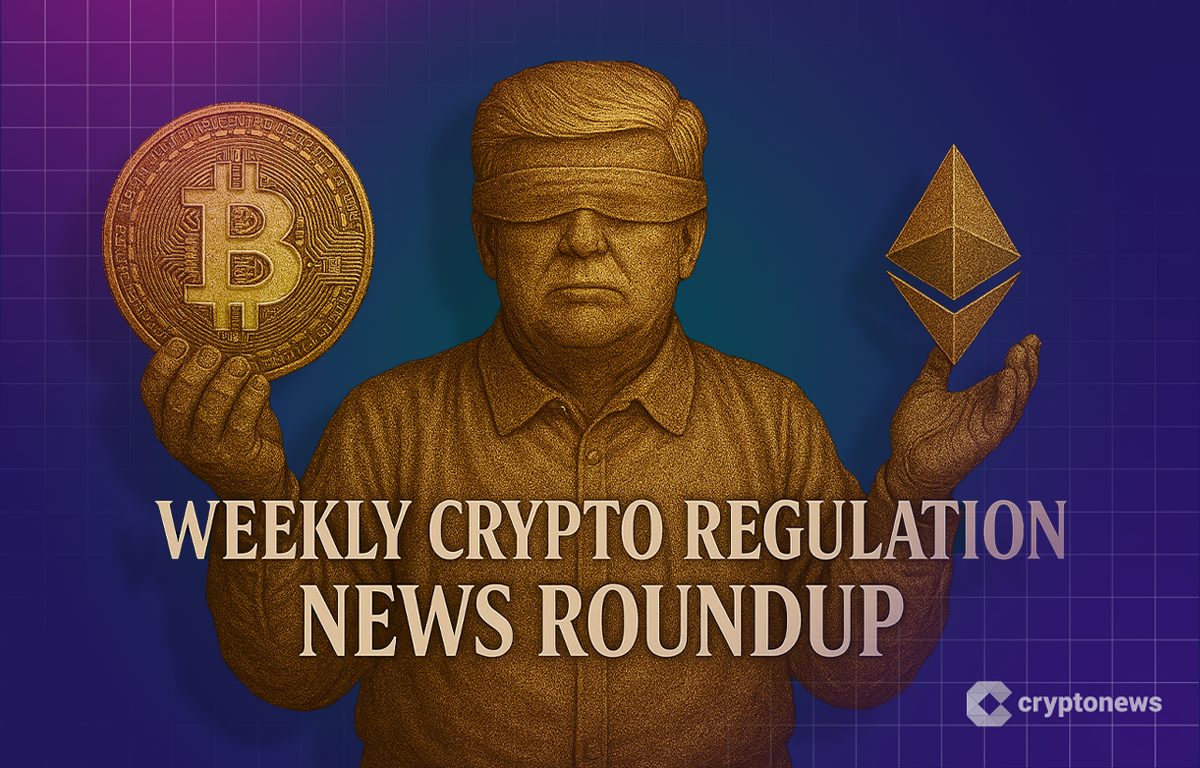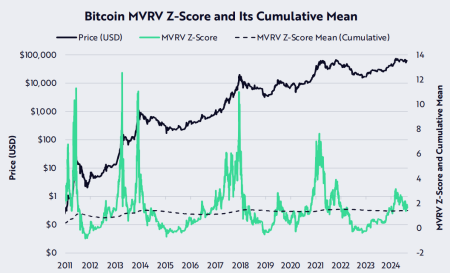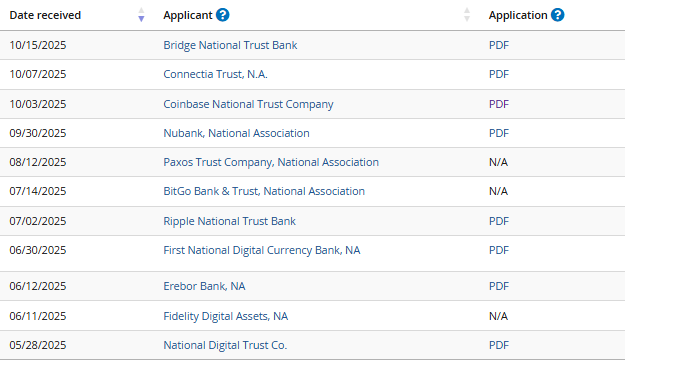
This week marked a turning point in U.S. crypto regulation oversight, with lawmakers, regulators, and industry leaders all escalating their involvement in high-stakes debates over surveillance, illicit finance, developer liability, and the structure of the American digital-asset market.
Senators Push Probe Into World Liberty Financial
The most politically combustible development came from Senators Elizabeth Warren and Jack Reed, who called on the Department of Justice and the U.S. Treasury to open an investigation into World Liberty Financial, a Trump-linked crypto venture.
Their request followed a CNBC report detailing allegations from Accountable.US that the firm sold tokens to buyers with ties to North Korean hackers, Russian-linked networks, and an Iranian crypto exchange.
In their letter to Attorney General Pam Bondi and Treasury Secretary Scott Bessent, the senators questioned why a Trump-associated crypto operation would accept funds from people allegedly connected to foreign adversaries and international money-laundering platforms.
World Liberty Financial has denied wrongdoing, but the allegation raises the stakes considerably, blending national-security concerns with partisan tensions. It also reflects how crypto firms with political affiliations are likely to face heightened scrutiny in the months ahead.
Senate Banking Committee Targets December Vote on Crypto Market Structure Bill
While Democrats pushed for investigations, Republicans sought to move forward on foundational legislation. Senate Banking Committee Chairman Tim Scott said this week that he expects the committee to vote on long-awaited crypto market structure legislation in December.
Appearing on Fox Business, Scott argued that the bill would protect consumers while positioning the United States as the dominant global economic and crypto power over the next century.
Scott’s confidence shows renewed momentum, although a similar promise made earlier this year quietly passed without action. He attributed the delays to Democratic hesitation, suggesting partisan divisions remain a barrier to progress.
Still, if the committee manages to vote next month, the bill could reach the Senate floor early in 2026, potentially reshaping how exchanges, stablecoin issuers, and digital-asset brokers are regulated.
Both the White House and industry groups have been pushing for legislative clarity, making this one of the most consequential potential votes in years.
Crypto Industry Mobilizes to Pressure Trump on Roman Storm Case
The week also saw one of the strongest coordinated political efforts by the U.S. crypto industry since Trump returned to office. More than sixty-five organizations—including major advocacy groups, DeFi developers, investors, and research bodies—signed a letter urging the president to drop charges against Tornado Cash developer Roman Storm.
The coalition argued that prosecuting Storm for building open-source privacy software threatens the broader software ecosystem and risks criminalizing code rather than conduct. Their message was clear: holding developers liable for how strangers use their tools would set a dangerous precedent and undermine America’s standing in privacy-preserving innovation.
The industry’s letter also praised the administration’s recent crypto-friendly shifts, including reversing digital-asset restrictions in retirement accounts and nullifying the IRS broker-reporting rule.
Additionally, it warned that continuing the Storm case would contradict the administration’s stated support for innovation.
The dispute shows how deeply the privacy-versus-surveillance debate has penetrated federal policy, and why the Storm prosecution represents a defining legal moment for the sector.
Trump’s CFTC Nominee Advances
Institutional change moved forward as well, with President Trump’s nominee to lead the Commodity Futures Trading Commission, Michael Selig, advancing out of the Senate Agriculture Committee in a narrow vote. His nomination now heads to the full Senate for a decision that will be closely monitored across the crypto industry.
The CFTC is expected to receive expanded authority over the crypto spot market, especially as Congress moves ahead with market structure legislation. During his nomination hearing, Selig faced pointed questions about whether the agency has the resources to regulate digital assets effectively.
With only about five hundred full-time employees—compared to more than four thousand at the SEC—concerns about staffing and enforcement capacity loomed large.
Selig avoided committing to a request for increased funding before confirmation, but his nomination comes at a moment of major internal transition. Commissioner Caroline Pham’s expected departure adds further uncertainty, introducing volatility into an agency that may soon hold far greater responsibility in the crypto regulation ecosystem.
SEC Sets December Roundtable on Surveillance and Privacy
To close the week, the Securities and Exchange Commission announced an important policy event: a Crypto Task Force Roundtable on Financial Surveillance and Privacy scheduled for December 15 at SEC headquarters in Washington, D.C.
The event will bring together regulators, policymakers, legal experts, and industry representatives for a focused discussion on the tension between privacy-preserving technologies and the federal government’s increasing emphasis on blockchain analytics, transaction monitoring, and illicit-finance controls.
The roundtable is set to explore how stablecoin issuers, exchanges, and DeFi platforms should approach user-data handling and compliance expectations, at a moment when federal scrutiny is intensifying.
The SEC plans to webcast the event, and while the agenda has not yet been released, its timing indicates that surveillance, privacy, and monitoring obligations are quickly becoming central themes in the agency’s digital-asset agenda. The discussion is likely to influence future guidance and enforcement.
A Regulatory Climate That is Hardening
What emerged from this week is a picture of a Washington that is no longer cautious or fragmented in its approach to digital assets. Instead, lawmakers from both parties are making bold demands, major regulatory leadership shifts are underway, and industry groups are mounting increasingly coordinated political campaigns.
The interplay between national security, technological innovation, developer liability, and market structure is reshaping the terrain of U.S. crypto policy.
As 2025 closes, the United States is preparing for a regulatory environment defined by sharper scrutiny, faster legislative movement, and a broader willingness to intervene in the evolution of digital finance.





